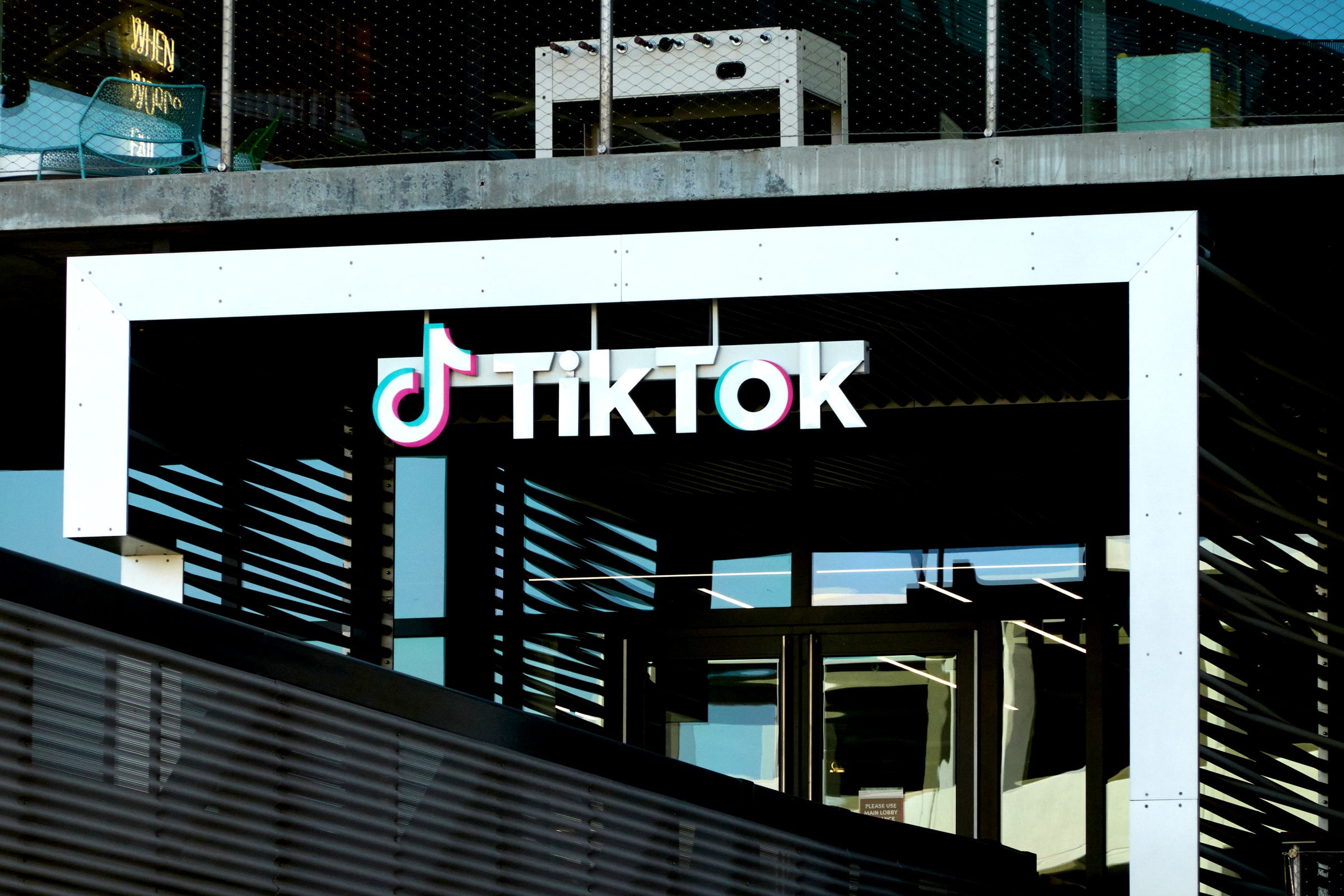The Senate will find it far more difficult to disregard the most recent TikTok ban bill because it has been attached to a foreign aid package.

In Short
- Congress debates a tiktok ban due to concerns over us national security and data privacy.
- The debate also touches on issues of freedom of speech and geopolitical relations.
- Digital rights organizations oppose the ban, citing first amendment concerns and the ineffectiveness of banning platforms in addressing data privacy issues.
- The recent bill attaching a tiktok ban to a foreign aid package has heightened the likelihood of a ban.
- The tiktok ban debate reflects broader concerns over tech regulation, data privacy, and national security in the digital age.
TFD – Delve into the complex debate surrounding TikTok as Congress grapples with balancing national security and freedom of speech. Explore the implications of a potential ban on data privacy and geopolitical relations, shaping the future of digital platforms.
A TikTok ban is back on the table after the House approved a new bill on Saturday addressing the issues that stalled it out in the Senate.
According to the measure, TikTok may face a nationwide ban by the Biden administration if it does not separate from its Chinese owner, Bytedance, within a year. Unlike a similar law that was passed by the House last month, this one provides TikTok an extra six months to find a buyer in the United States. The previous bill stalled out in the Senate after Senate Commerce Committee Chair Maria Cantwell raised several issues, including the short timeline for divestiture.
With 358 votes, it was easily approved.
The Texas Republican representative Michael McCaul introduced the bill on the House floor on Saturday, calling it “a spy balloon on Americans’ phones.” “It is a Trojan horse of the modern era, designed to monitor and take advantage of personal data in America.
Both parties backed the TikTok outrage. Representative Frank Pallone, a Democrat from New Jersey, stated, “National security experts are sounding the alarm, warning that our foreign adversaries are using every tool at their disposal, including apps like TikTok, to amass troves of sensitive data on all Americans.” “This bill takes decisive action to lessen the ability of our adversaries to obtain and utilize American personal information against us.
Digital rights organizations have retaliated against a TikTok ban because to First Amendment concerns and the belief that eliminating TikTok won’t solve the fundamental problem of ubiquitous data collecting. The nonprofit digital rights organization Electronic Frontier Foundation stated last month in a statement that “the only solution to this pervasive ecosystem is prohibiting the collection of our data in the first place.” “Until social media companies are prohibited from collecting, retaining, and selling our data, they will still be able to obtain it from foreign adversaries in the end.
Elon Musk, the owner of X, also voiced opposition to the restriction. He said on X on Friday, “In my opinion, TikTok should not be banned in the USA, even though such a ban may benefit the X platform.” “Doing so would be contrary to freedom of speech and expression. It is not what America stands for.”
The likelihood of divesting or a ban appears very probable, though. This new policy had been added to a multibillion-dollar aid package meant for Taiwan, Israel, and the Ukraine. This aid has been expedited in response to Iran’s retaliatory attack against Israel last week, which will make it more challenging for the Senate to reject it.
I’m very happy that Speaker Johnson and House leaders incorporated my recommendation to extend the Byte Dance divestment period from six months to a year,” Cantwell said in a statement on Wednesday, endorsing the most recent package. As previously stated, it is imperative to prolong the divestment period to guarantee adequate time for a prospective buyer to finalize a sale. I agree with the amended law.
Congress has been attempting, but failing, to compel a TikTok sale for a number of years. Both Republicans and Democrats are concerned that the app could jeopardize US national security by giving the Chinese government access to vast amounts of user data from Americans. But Congress has provided little evidence to support these claims, and TikTok and its supporters argue that banning the app would violate freedom of speech rights.
Conclusion
The TikTok ban debate underscores the complex intersection of national security, data privacy, and freedom of speech. While Congress grapples with these issues, the outcome will have far-reaching implications for digital platforms and geopolitical relations. As the discussion continues, finding a balance between security and individual rights remains paramount in shaping the future of digital governance.
Connect with us for the Latest, Current, and Breaking News news updates and videos from thefoxdaily.com. The most recent news in the United States, around the world , in business, opinion, technology, politics, and sports, follow Thefoxdaily on X, Facebook, and Instagram .